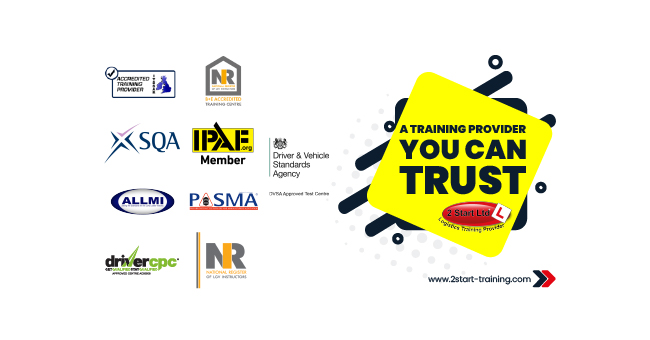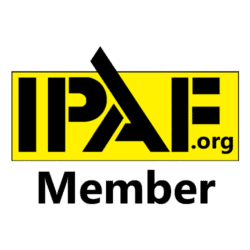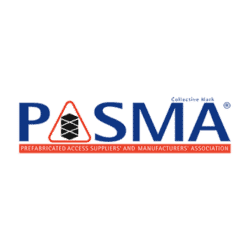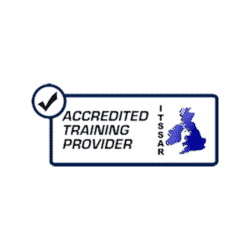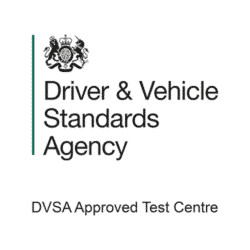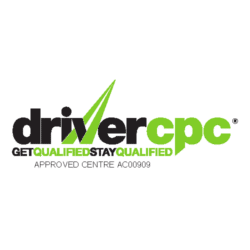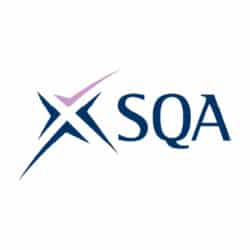Your Training Matters.
Irrespective of what industry and what training you are planning to complete.
No matter if you are in the process of looking for training to refresh a skill you already have, or looking to begin an initial course. You are typically looking for the best training with a top-quality provider.
But how do you know this provider is what they claim to be?
It is all well and good when this business explains how they are a reputable training school. Providing certain courses to suit the potential needs of others.
Many providers conduct approved training to the standards of an accrediting body. They may even explain how they are an accredited provider themselves! But how can you be sure of this? Especially when it comes to the logistics industry, many job roles require specific training certificates. This is to prove that you are trained in the safe and practical handling, operating or instructing of equipment, vehicles, or any other component which must be handled with care.
This is why 2 Start can’t stress enough the importance of you knowing if your training is what it claims to be.
Imagine, you are booking a course which is “accredited.” This is because you have a new job role lined up, and you need this specific qualification.

Now imagine finishing this training, going for your interview, and finding out your certificate is not accredited at all. In fact, it never was, even though it was claimed to be.
How would that make you feel? Most likely upset, and potentially angry.
You may ask yourself “How was I supposed to know?” You checked, and it all seemed above board.
The negatives for a student of a provider falsely using accreditation to suggest they are certified when they are not can include:
- Invalidates the employee’s insurance(s) if not correctly or officially certified.
- Their training being insignificant.
- Potential to lose a job opportunity.
- That provider becoming less credible.
- Loss of money due to having to recomplete the training with an actual accredited provider.
- Use of equipment or vehicle under false pretences that they are certified for.
This can also have a negative impact on the providers who pay to be accredited. As they will feel that their accreditation from an accrediting body is devalued at this point if other training providers can falsely claim they are approved.
The matter of fact is that accreditation is not a luxury. It is a nationally recognised endorsement that a training school is delivering at their standards. Many employers source an organisation to approve a training course, as it is a legal requirement or national standard, and required for companies to remain compliant and insured. How do we combat this?
If you would like to know what you can do to prevent this from ever happening to you, then learn about the key things you can check, so that you do in fact complete accredited training.
Step 1- Check their Website Logos
When a training provider has the proper authorisation from the accrediting bodies in question, they will typically have their respective logos displayed on their website. Whether this be in the header or footer on their site, or even a dedicated page. But it is easy for someone to just stick a logo on their site.
The Prefabricated Access Suppliers & Manufactures Association (PASMA) is a great example of using a logo to prove authorisation of training for a provider.
Taking 2 Start as an example, the logo for PASMA has the current date set. When you click on this logo, it will take you to the PASMA website to verify the training provider. This verifies that 2 Start Training are a PASMA approved training member.
This image is on all 2 Start PASMA course pages, so that anyone who is looking for PASMA training can ensure that their provider is verified by the appropriate governing body.
Some businesses, such as PASMA, ensure live and accurate verification for all who need it.
If someone has taken a PASMA logo image, but does not bear the current date, that is a big giveaway that this provider is not actually approved. Furthering this, if the link takes you to a PASMA page saying this provider’s membership is not verified, then it is clear that this provider is not an approved training centre.
Step 2- Check the Directory on The Organisation’s Website
As PASMA are one of the only known bodies who use this format to ensure accurate information, You can check if a trainer is authorised. On many sites governed by the accreditation, they will have a list, map view or directory of training providers and individuals who are authorised.
Looking at the National Register of LGV Instructors (NRI) they have a list of instructors. This gives the name, what type of register they are on, categories they can train, and their registration number.
This gives you a full view of the licence and course types these instructors can provide as approved training.
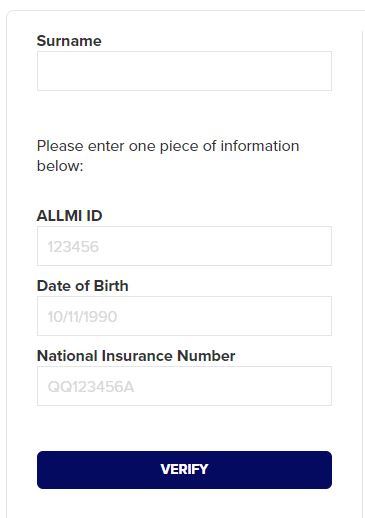
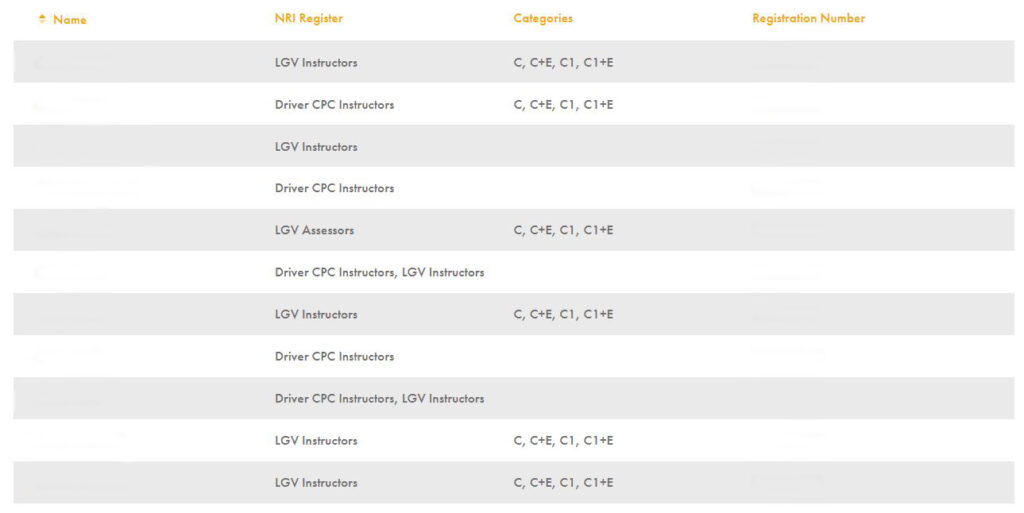
Looking further, The Independent Training Standards Scheme & Register (ITSSAR), they have a map and list view of accredited training providers. This will also include their address, contact number, and person of enquiry. 2 Start are on both the map and listing view. This also shows what training category each provider covers.
This is concrete proof that 2 Start provide accredited training under ITSSAR.
This highlights how easily accessible this information is. You, as a potential student, should be able to verify your training provider. The provider should be transparent about their accreditation. This will help you choose the right training school for you, who also provide the official courses you require.
The Association of Lorry Loader Manufactures & Importers (ALLMI) give you the option to verify operator cards. Although perhaps not a necessity for potential students (unless they feel the need to verify their trainer’s card) this is a great tool for potential employers to use when they are looking to take on an operator, but must hold the required certification, or can prove they completed the appropriate training.
Subsequently, this is a method you can use to assure that you have also gained the training under the training provider.
Point 3- Contact the governing body
If there is an instance that you are really not certain and you need further guidance, calling the appropriate governing body may be necessary to confirm whether or not that training provider or instructor holds the accreditation they claim to have obtained.
In this instance, you can get a specific and direct answer to help with your query.
Many accrediting bodies have contact details for the relevant person(s) on their website. You can typically either email or phone them to ask about a specific provider regarding the credibility of their certification under the organisation.
Same goes in hand if you believe that a training provider is misusing accreditation logos to suggest that they are certified.
Stay Safe and Train With Proper organisations
Training providers typically have to meet specific criteria to become certified by an accrediting body. Not to mention having regular audits, fees and strict standards to meet. This doesn’t even consider the additional training instructors also must complete to become approved for a certain training module.
This is why 2 Start can’t emphasise enough to look at conducting the three steps to validate that your training provider can deliver the accredited course you expect. This is a significant factor for many when looking to complete a reputable training course which meets a national standard.
2 Start are also at the front to enforce certain bodies to become a compulsory requirement. Such as the NRI becoming a requirement for all who are looking to become an LGV instructor.
Help us to help you. Train with a reputable provider. Someone who shows authoritativeness in their courses, by providing proof of certification and accreditation through the appropriate means.
